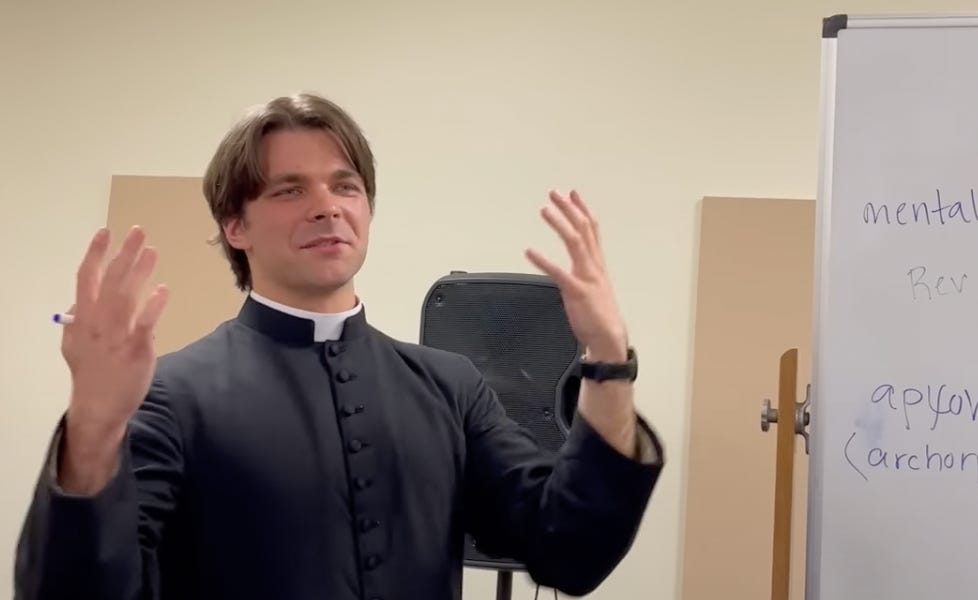Details emerge on Fr. Alex Crow; questions raised in Mobile
Catholics in Mobile, Alabama, have begun to ask whether archdiocesan officials could have prevented Fr. Alex's Crow's departure to Europe with a young woman.
Father Alex Crow was warned by officials in the Archdiocese of Mobile about his conduct toward a teenager, The Pillar has confirmed, and was permitted to attend a trip for teens organized by an archdiocesan official — before he absconded to Europe last month with an 18-year-old who recently graduated from a Mobile high school.

